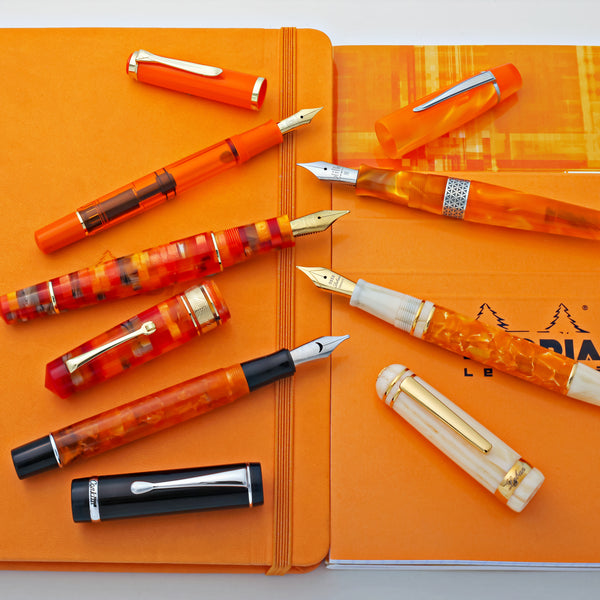“I’m so proud of you.”
When was the last time you heard that? What’s more, when was the last time you said those words to yourself? The last few years have been difficult for everyone, particularly on our mental health. If you’re a high-achiever, you tend to be your own worst critic. Giving yourself credit where credit is due may not come second nature. If this sounds familiar, keep reading, because the exercise I’m about to share will help you be more compassionate with yourself.
We’ve already explored the benefits of journaling, but today I want to take writing for mental health a step further with a letter to your younger self. Whether you’re doing this assignment for school or for personal development (in that case, A plus!), you’ll be amazed at the perspective it provides.
Why Write to Your Past Self?
The old adage, “Hindsight is 20/20,” is cliche, but it’s also true. Writing letters to yourself is a powerful way to reflect on your life experiences and inform your future thinking. Remember that it’s unrealistic to expect that “past you” could have anticipated all that would happen in your life. Letter writing like this should come from a place of love and compassion. The benefits of writing a letter to yourself in the past include…
- Increasing self-awareness
- Cultivating gratitude
- Gaining a new perspective
- Processing past trauma
- Practicing mindfulness and being in-the-moment
Writing to your past self, even in the form of a short note, allows you to tell a new story about things you’ve experienced. Maybe you went through a difficult life transition, suffered a loss, or moved across the globe. Letter writing can be a therapeutic tool in viewing your past self through a more compassionate lens.




